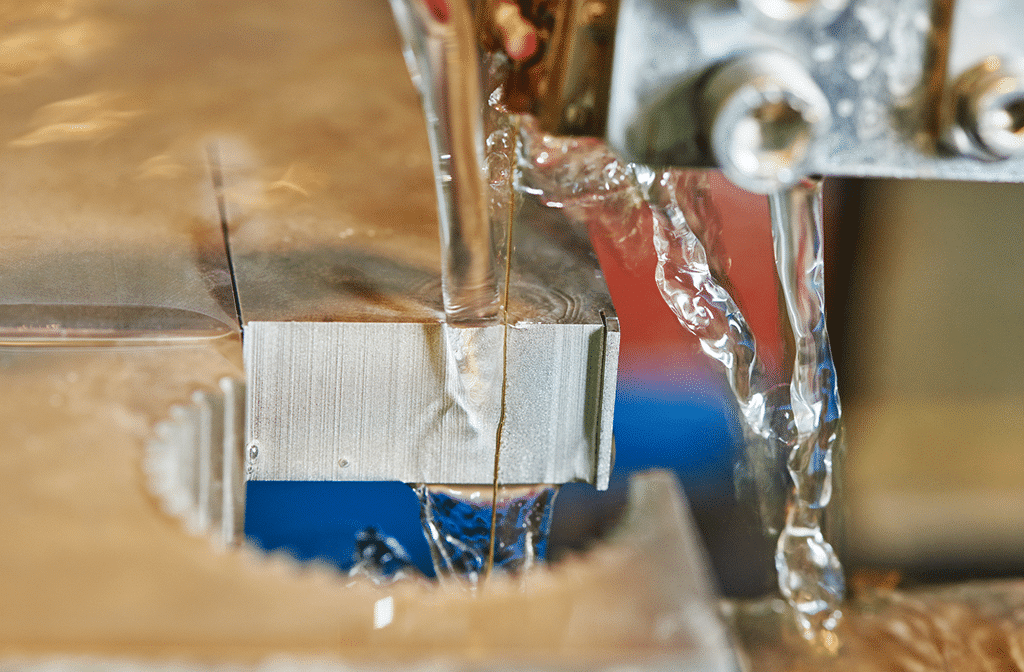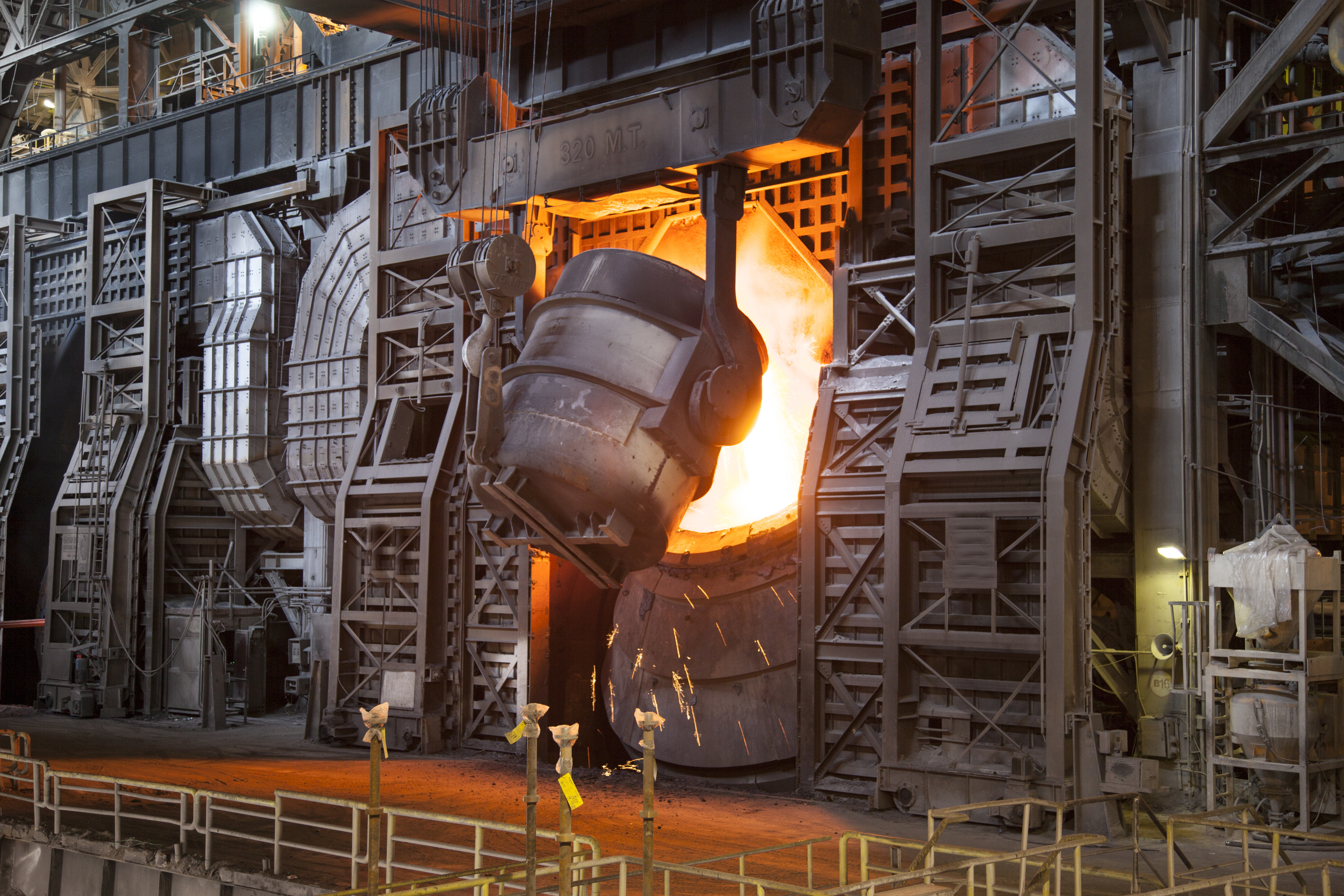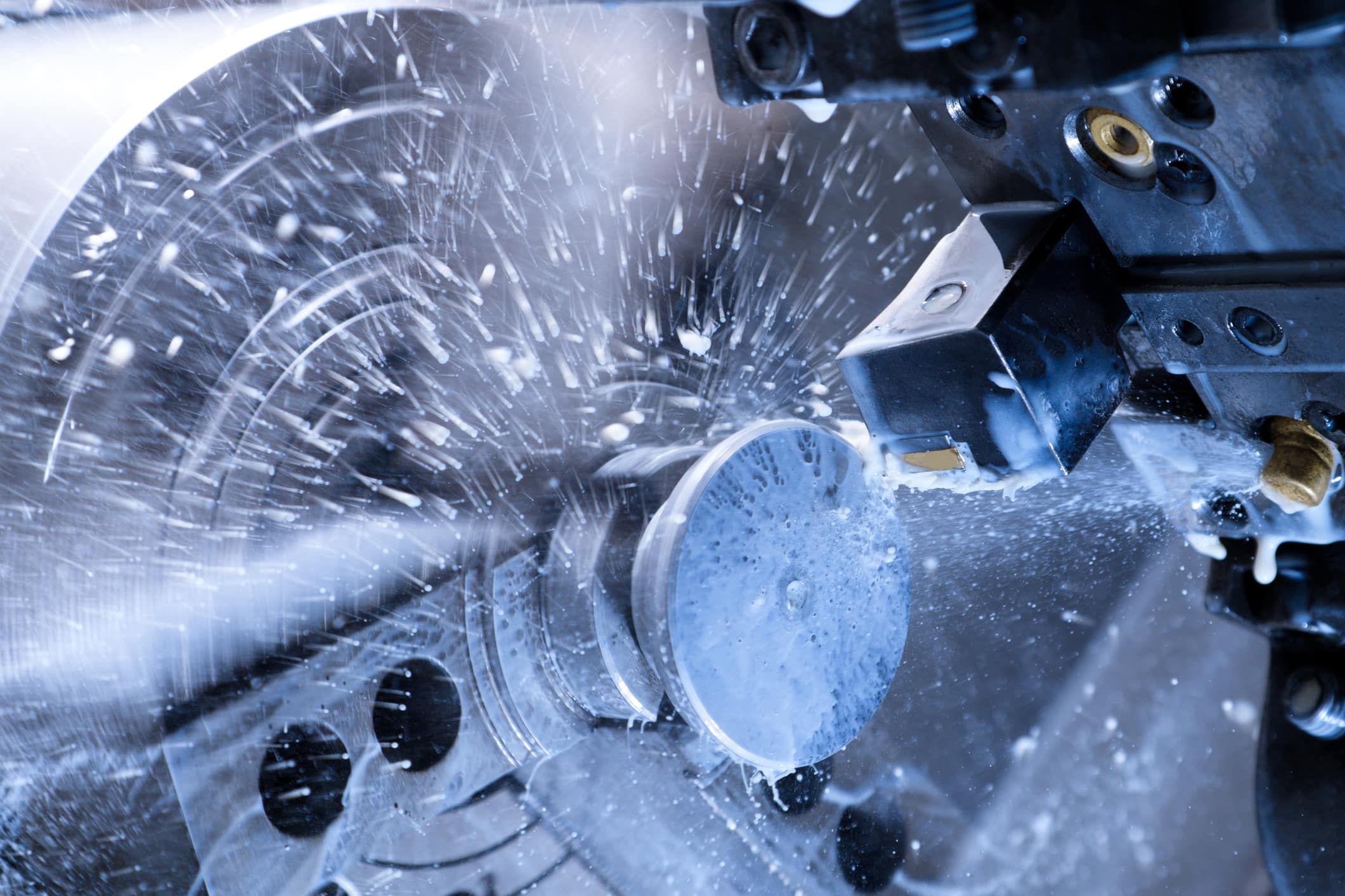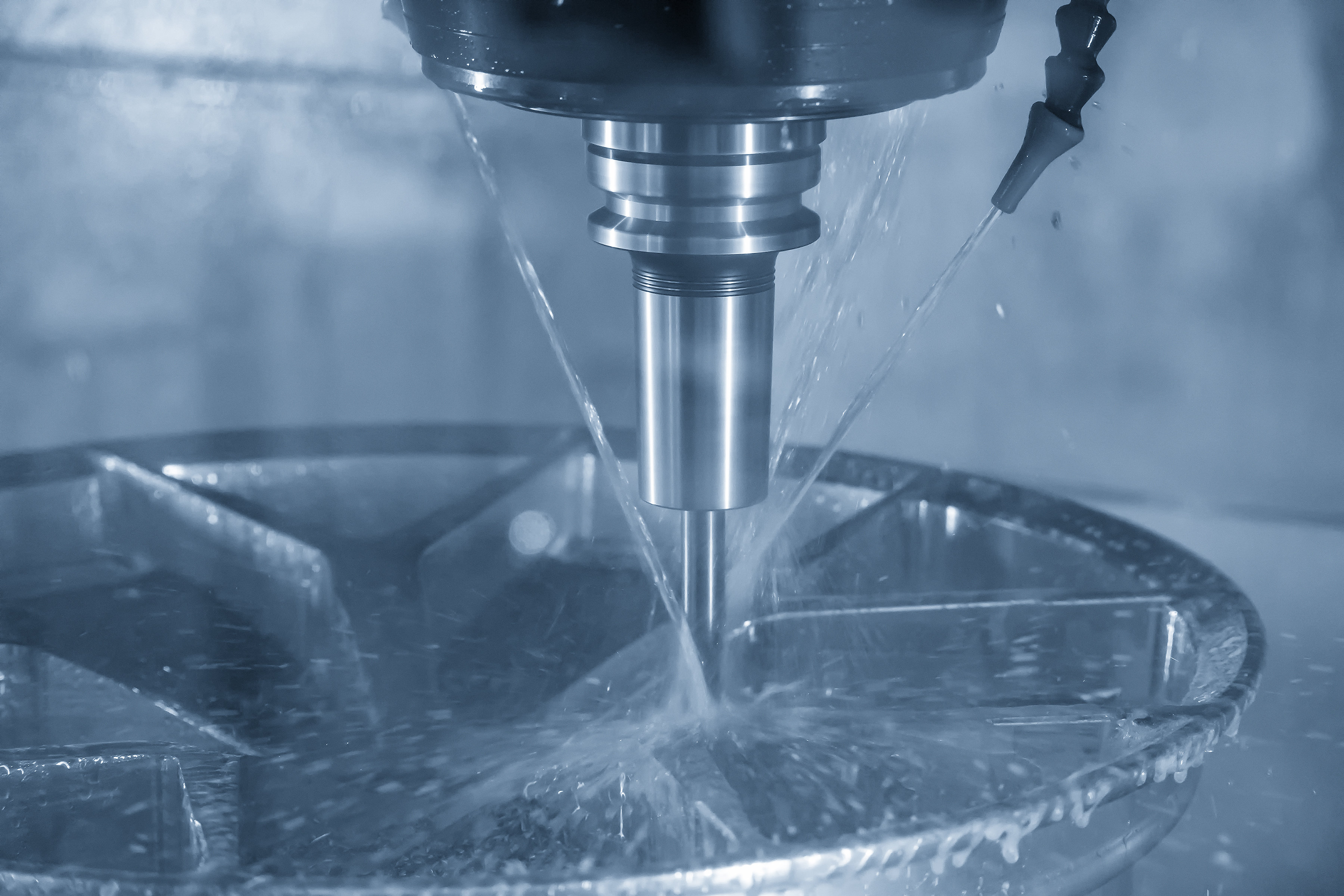Metalworking fluids for refractory metal operations are engineered synthetic fluids specially formulated to enhance and extend tool life by removing destructive friction at the contact point between the tool and the workpiece promoting improved surface finishes. Halocarbon designs their assortment of sophisticated lubricants with unique PCTFE-based technology to give each refractory metal fluid intrinsically nonflammable and nonreactive properties. Halocarbon Metalworking Fluids provide a safe and reliable solution for effective machining and optimal workability in multiple applications.
Examples of Applications for Halocarbons Metalworking Fluids
Halocarbon Metalworking Fluids are chemically inert for smooth refractory metal processing, have high lubricity levels for enhanced surface finishes, and are available in various viscosities to accommodate multiple application-specific needs. These high-grade, oxygen-safe, and nonreactive processing lubricants are suitable for various operations with long-term reliability.
Wire-drawing and tube-drawing applications
Wire-drawing and tube-drawing are both processes that require minimal contact between the tool and the workpiece. Specifically, these techniques involve reducing the diameter of thick metal wires by pressing these materials through a progression of smaller dies. Halocarbon’s Metalworking Fluids for refractory metals serve as excellent lubricants in these processes to prevent friction and adherence of metal against the sizing dies.
Cold-rolling applications
Cold-rolling is a metal-forming process in which the metal is placed between rollers to manipulate its shape at temperatures below the material’s recrystallization point. Thus, these applications require a lubricant to facilitate excellent metal-shaping processes in extreme conditions. Halocarbon’s Metalworking Fluids are thermally stable and offer safe and effective lubrication in applications with high surface stress such as cold-rolling processes.
Removing applications
Metal removing processes, such as cutting, grinding, drilling, and milling, generate high temperatures due to energy loss and friction produced by the reforming of the metal. These applications require an extreme load carrying and penetrating lubricant to effectively carry out the processes required in such operations. The thermally stable properties and heat dissipation abilities of Halocarbon’s Metalworking Fluids make them excellent nonreactive cutting oils and coolant solutions for use in metal removing applications.
Forming applications
Metal forming applications, such as stamping, involve reshaping the metal through mechanical deformation without removing or adding material. The most sophisticated metal forming applications require high-grade metalworking fluids to manufacture intricate metal parts with complex designs. Halocarbon’s Metalworking Fluids are anticorrosive and have high lubricity levels, which enable optimal machining and workability in metal forming operations. Additionally, these advanced refractory metal lubricants can prevent buildup on the tool’s surface and reduce tool wear for high processing precision.
Halocarbon’s Metalworking Fluids are thermally stable, chemically inert, nonreactive, anticorrosive, and nonflammable and are available in a range of viscosities to offer a lubrication solution for a wide variety of applications. Additionally, Halocarbon’s assortment of metalworking fluids is designed with unparalleled PCTFE-based technology to enable safer and more precise refractory metal machining and processing of complex parts.
Halocarbon is committed to producing the highest performing, most reliable metalworking fluids to provide optimum machinability and workability for refractory metals. Whether you’re seeking metalworking fluids for wire-drawing or stamping, we ensure long-term solutions for enhanced refractory metal processing. Looking to learn more or purchase a fluid? Contact us today!






Leave a Reply